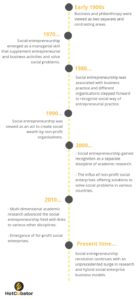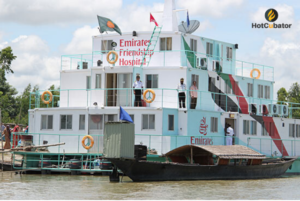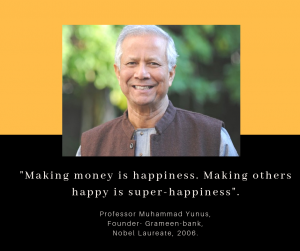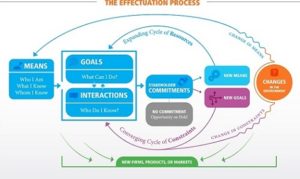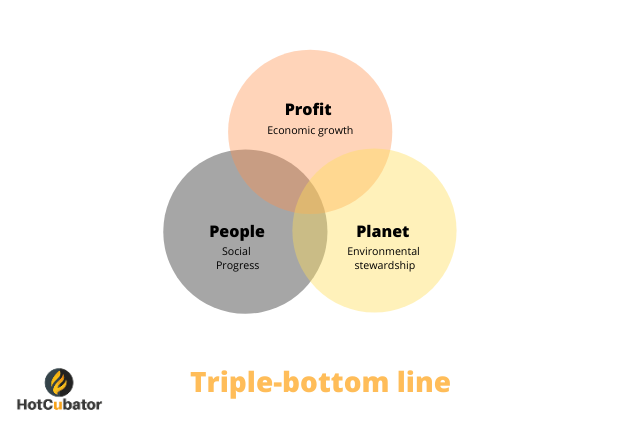
Triple bottom line or TBL framework has remained a popular discussion topic when it comes to responsible practice in business. The TBL framework has been viewed through various lenses e.g accounting framework, part of CSR initiative, management practice, sustainable business practice.
The idea of TBL came into light in the early 1990s. There was a global summit in the 1992 known as ‘‘Earth Summit’’ in Rio de Janeiro where global leaders from all over the world attended. In this summit the leaders from major countries of the world came to a consensus that sustainable development should encompass at least economic growth, social progress, and protection of the environment. Premised on the Rio Declaration and Agenda 21 (1992) John Elkington coined the term ‘triple bottom line’. TBL is a method which is used to evaluate company performance by accounting for financial gains and losses, the communities in which it operates, and impacts on natural resources. More specifically, TBL incorporates the notion of sustainability in business which is based on three pillars – economic, social, and environmental considerations. In a broader sense TBL comprises a whole set of values, issues and processes that companies use to create economic, social and environmental value while minimising any harm resulting from their activities.
There is debate on how to conceptualise and measure TBL performance in the business organisation. Scholars argue whether TBL is truly relevant to assessing corporate responsibility and enforcing accountability, particularly social sustainability. Consequently, a number of TBL reporting frameworks have been developed to incorporate this concept of accountability. Some popular TBL reporting frameworks include the following –
The Global Reporting Initiative (GRI) is a non-profit organisation that promotes economic, environmental and social sustainability. GRI provides all companies and organisations with a comprehensive sustainability reporting framework that is widely used around globally.
The Dow Jones Sustainability Index is the longest-running global sustainability benchmark and now the key reference point in sustainability investing.
The overarching features of TBL includes the following –
- Embedding sound corporate governance, ethics and a values-driven culture at all levels.
- Improving risk management through better performance monitoring and management systems, leading to better resource-allocation and business planning.
- Formalising and enhance communication with key stakeholders such as the finance sector, suppliers, community and customers, creating a more proactive approach to address future needs and concerns.
- Attracting and retaining staff by demonstrating a focus on values and long-term goals.
- Benchmarking performance within and across industries, leading to competitive advantage with customers and suppliers, as well as better access to capital from a finance sector increasingly concerned with non-financial corporate performance.



